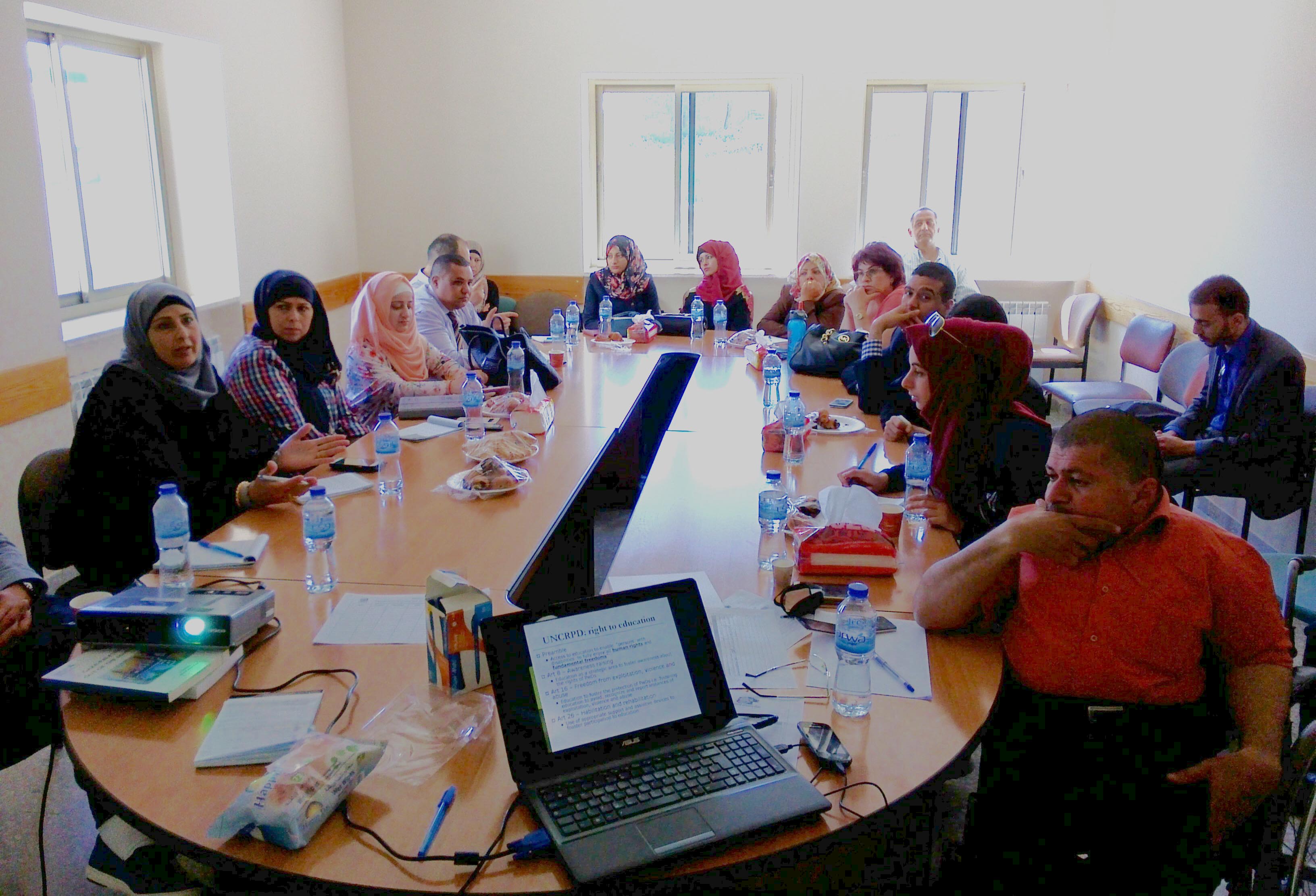Inclusive development: experiences from field to academy

Research and experience in the field gradually reached through consulting services and collaborations in various projects have allowed ARCO Researchers to produce first-hand and high quality knowledge on situations at risk of marginalization. The transmission of this knowledge in the academic field is as important as the research itself. For this reason, the Researchers of the Inclusive Development Unit are always willing to participate in specific training moments fostered within Master’s Degree classes, training courses or professional refresher courses.
In their lesson “Diversity in the plural and its innumerable areas”, ARCO Researchers presented the results of their experimental research in testing the International Classification of Functionnings (ICF) in projects promoted under the Regional Operational Programme of the European Social Fund (POR FSE) in Tuscany. The lesson was meant to teach employees of the Unique Guarantee Committees for equal opportunities, non-discrimination and well-being at work nre perspective as part of the professional refresher course in Equity and Diversity – Institutional Policies, Anti-Discrimination Strategies and Organizational Models promoted by the University of Florence.
While in the context of the Master’s Degree in International Cooperation and Educational Inclusion: new professional challenges of the University of Bologna, ARCO Researchers traced a historical perspective of the evolution of international cooperation from the Marshall Plan to Sustainable Development Goals (SDGs of Agenda 2030). In support of this historical framework, they have also deepened the results of the work on disability carried out through participatory methods, such as the Emancipatory Research, in Mozambique, for the project PIN project – Participatory paths for the economic inclusion of young people with disabilities in Mozambique, and in Palestine as part of the Particip-Action project. They also presented all the work carried out in Algeria under the CapDeL framework in Algeria, whose aim is to decentralize local governance and promote active participation in the local administration especially among women.
Thanks to dissemination in the academic field, Researchers have the opportunity to discuss and reflect on new methods and strategies to carry out field research more efficiently. These training experiences therefore make research on inclusive development a circular path: from the field to the academy but also from the academy to the field.
For further info:
Federico Ciani
Inclusive Development Unit – Coordinator